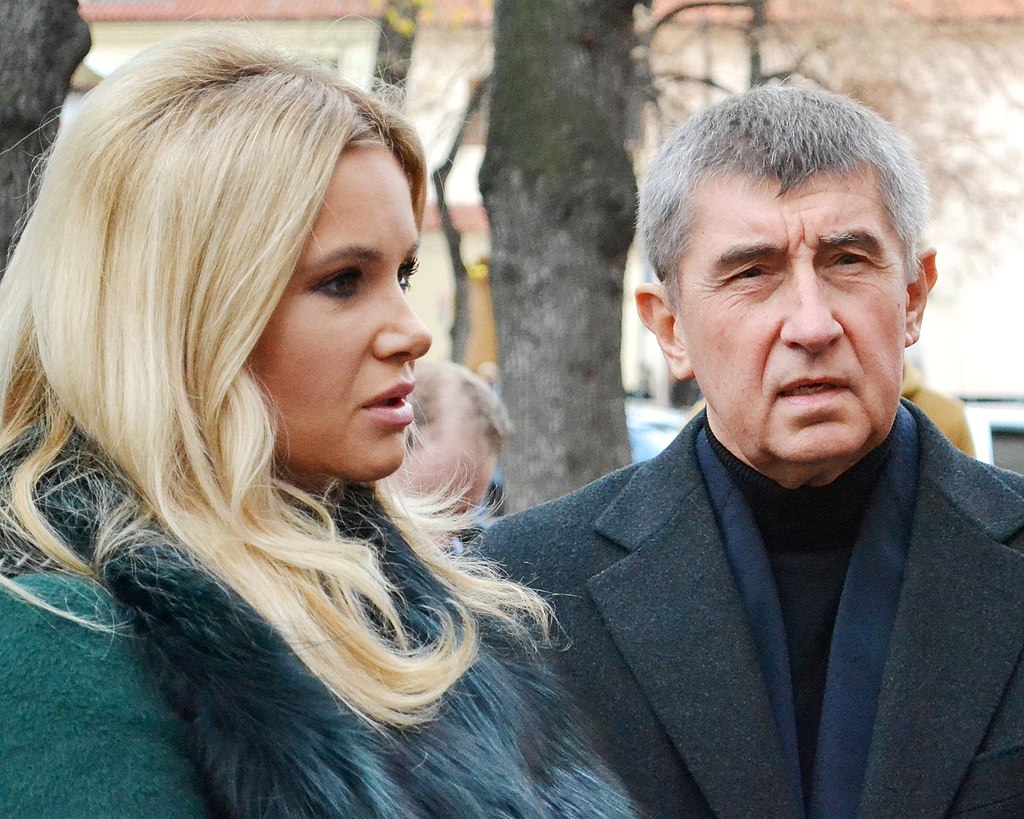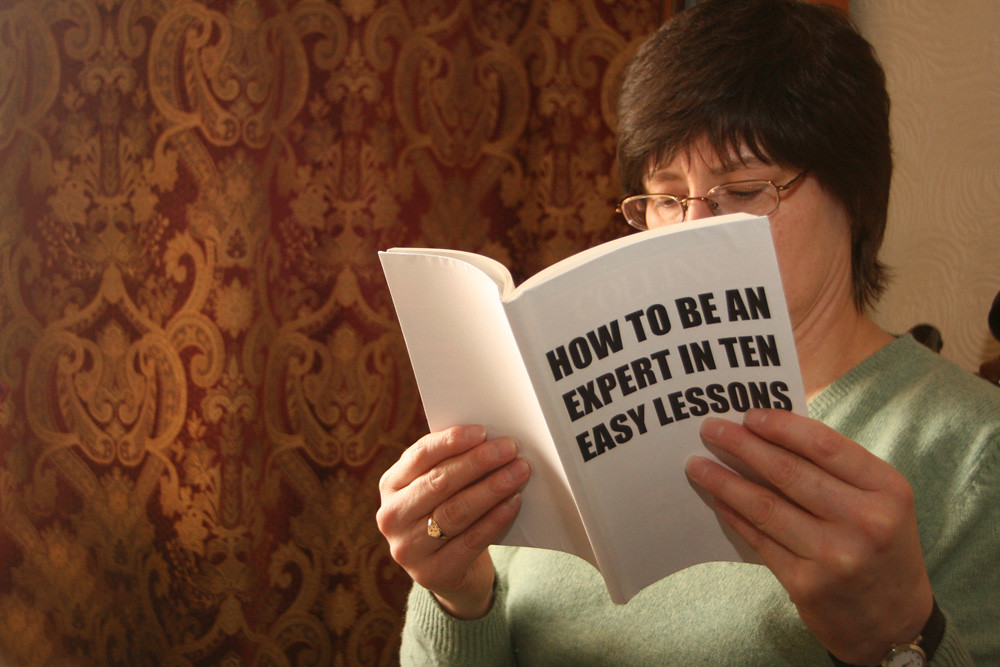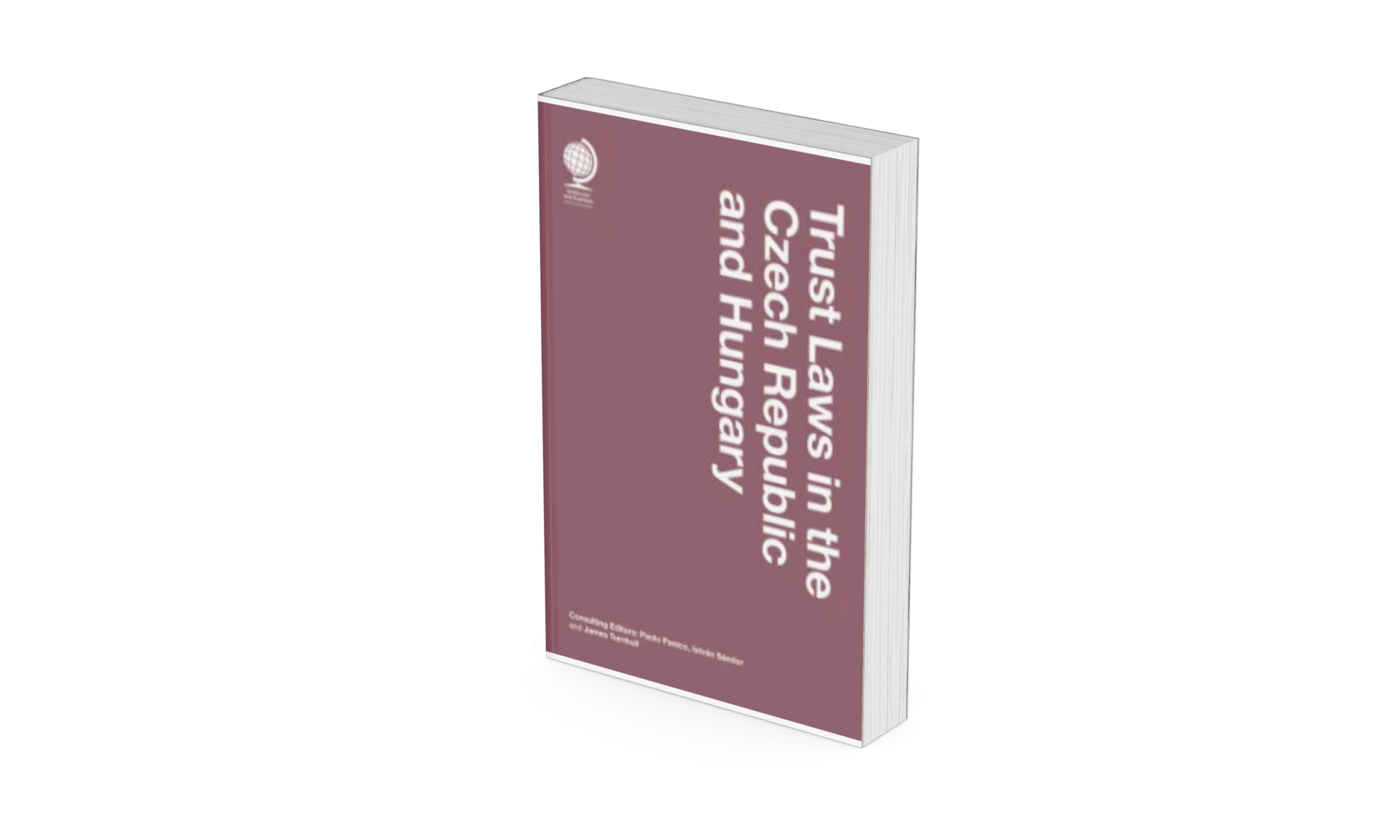It was sad to observe that after 30 years together, former Czech Prime Minister Andrej Babis and his wife Monika have decided to separate.
I am commenting on this news on a website about trusts because this news might also turn out to be interesting from a trust perspective. That’s because According to Forbes magazine, the former prime minister’s assets amount to 3.5 billion dollars, making him the seventh richest Czech. He is also one of the most famous founders of a trust in the Czech Republic. In 2017, in order to comply with a law regulating conflict of interest, he transferred ownership of his company, Agrofert, into trusts.
It will be interesting to see what happens with this shareholding if Mr and Mrs Babis decide to get divorced.
In other similar high-profile cases, big numbers have been involved. For example, it is reported that when Jeff and MacKenzie Bezos divorced in 2019, Mrs Bezos received a settlement of $ 38 billion. Perhaps Mrs Babis is also in line for a large payment? Of course, I cannot comment directly on the Babis’s particular situation as there are many things I do not know. Mr and Mrs Babis were together for many years before they got married and I do not know if there was a pre-nuptial agreement between them before they married. It is also interesting to observe that the trusts were established in February 2017 and the wedding was in July 2017.
I will be watching the next steps with interest.
However, this celebrity news does give me an opportunity to talk more generally about trusts, prenuptials and divorce.
One of the main objectives of setting up a trust is to protect assets from attack. Mostly when we think about this, we have in mind external attacks. But divorce can also be an ‘attack’ especially where one person brings more assets into a marriage than the other.
When partners consider getting married, and one of them has a lot of money and the other does not, then there is often a discussion about a prenup.
While such discussions are not uncommon, they can also be pretty unpleasant. It can also be a highly emotionally charged issue, particularly if one or both of you have been through a divorce and have assets that they managed to salvage from a possibly very unpleasant process.
Many people solve these problems using a pre-nuptial agreement, often called a prenup. Prenups are usually made before the marriage, but they can be made afterwards, in which case they are technically not pre-nuptial agreements but instead called ante-nuptial agreements
A typical prenup is written by the dominant (richer) partner with the goal of protecting themselves if the marriage doesn’t succeed. These types of agreements typically explain how the property will be divided and if spousal support will be paid in the event of a divorce.
Each individual may also set up their intentions about distributing property after one of them dies. This is particularly an issue for second marriages when one or both spouses want to preserve property for their bloodline children or grandchildren from a former marriage.
This all sounds fine in theory. It doesn’t always go so well in practice.
Prenups destroy trust.
“Honey, I love you. I want to spend the rest of my life with you. You’re the only person that I really love. I will never cheat on you. You are the one and only for me, forever . . . . . But would you mind coming with me to the notary to sign this little legal document? It’s that if we’re not married at least eight years, you don’t get more than 1,000,000 CZK; and you could acknowledge that my son, when he graduates from university, gets the business. . . and . . .and . . ..”
Prenuptial agreements are often good ideas. They often work, but sometimes they don’t work. The one thing, and the only thing, you are almost certain to achieve from a legally robust pre-nuptial agreement is damage to your relationship with your future spouse. The “poor” spouse now knows for sure that he or she is not trusted. Simply stated: Prenups do not promote great marital relationships. In many cases, even the act of suggesting one creates serious impediments to personal trust. Is this what you want at the beginning of your married life?
An alternative, one that is widely used in other countries, is to establish a trust and place key parts of your wealth in it: the shareholding of your business, artworks, real estate etc. The trust is established for your benefit, for the benefit of your children, and also for the benefit of your current spouse (whoever that may be).
Setting up a trust in this way can also be done by you and by you alone. It does not need the agreement of your future spouse and means you do not have to have any of the unpleasant conversations above. On the contrary, if you do decide to inform your future spouse it can even be presented as a positive – you are putting money aside and protecting it from external attack for the benefit of the whole family, including your new spouse (at least for the time being). Of course, it’s not always practicable or tax effective to put 100% of your assets into a trust in this way. But depending on your personal situation, it may be possible to achieve the result you want.
Remember that the assets you put into the trust before you get married are no longer yours. That means that there is no way for them to subsequently become community property. But remember that this applies only to things you put in before the wedding. If you try to put things in afterwards, you need to be certain those things are not community property. If they are, you may need your spouse’s agreement.
A trust is also much better than a prenup in ensuring that following your death assets end up in the right hands.
And of course when you set up such a trust it really does protect your whole family from external attack, or at least it does if it is set up properly.
Image Credit David Sedlecký Wikipedia. 2024. “Andrej Babiš.“







